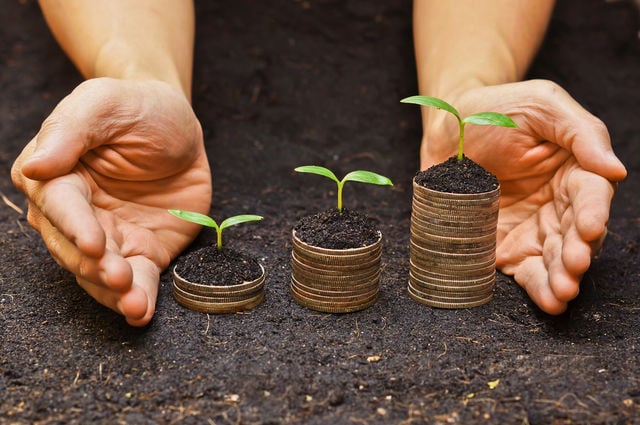Driving Resiliency and Sustainability in Hospitality: Five Priorities for 2021
23 experts shared their view
Recovery, resilience, recalibration, or bouncing back are a few examples of keywords that are at the center of any discussion surrounding the hospitality industry's economic prospects this past year. However uncertain the economic future may be, major crises of earth systems are unabated to date. While similarities exist between resiliency and sustainability (i.e. both concepts refer to the state of a system or organization over time in response to instabilities), there are notable differences, and conflicts, in the two concepts (i.e. achieving short-term economic resiliency at the expense of socio-environmental wellbeing). Looking forward, all eyes are on resiliency (growth!) in hospitality but how do we decouple growth from impacts, most notably carbon emissions? How do we ensure that sustainability is a component of resiliency (or vice versa)? What are the five priorities the hospitality industry should set to tackle resiliency and sustainability at the same time in 2021?
No doubt that for many hotel operators, 2021 will be the hardest year of their existence. 2021 will hence be a year of transformation. And sustainability will be at the center of it.
- Resource efficiency: Low occupancy rates make smart resource flows an urgent prerequisite. Keeping all rooms ready at all times sends money down the drain which won't come back through revenues.
- Top-down commitments: 2021 won't see massive infrastructure investments for more sustainable future operations. But it should see more courage when it comes to binding commitments from executives and board members. Top-down commitments motivate, align, and set the tone for better times to come.
- Bottom-Up sustainability structure and processes: Sustainability comes in such a variety of topics, tasks, and objectives that it is best distributed on various shoulders. Building teams around fields of action can be an interesting approach. Bringing different in-house experts together on decarbonization, water, and biodiversity stewardship, on gender equity, inclusion and diversity overcomes silo thinking and makes sure solutions are found where they can be applied by those who apply them.
- Direct client communication: An aspect of long term sustainability is the creation of solid relationships with clients, independent from OTAs. Sustainability transformations deliver valuable content for it. They are an opportunity to involve guests and employees alike and to create strong, supportive communities.
- Localizing supply chains: Covid-19 makes us rethink the self-evidence of global supply chains and “business as usual”. 2021 might be a good year to reassess procurement sources and to deliver on the positive impact on supply chains.


